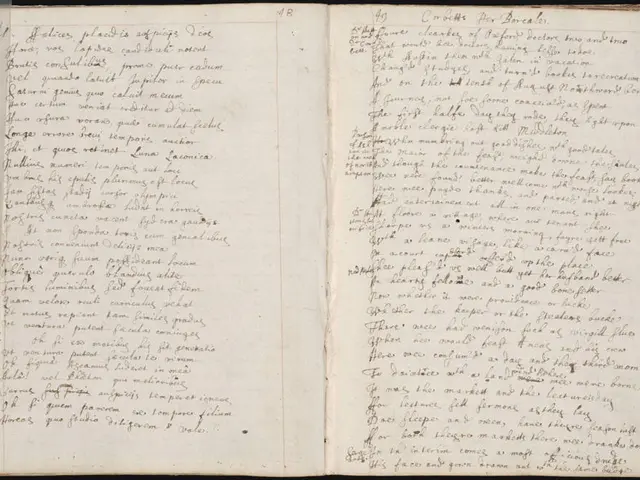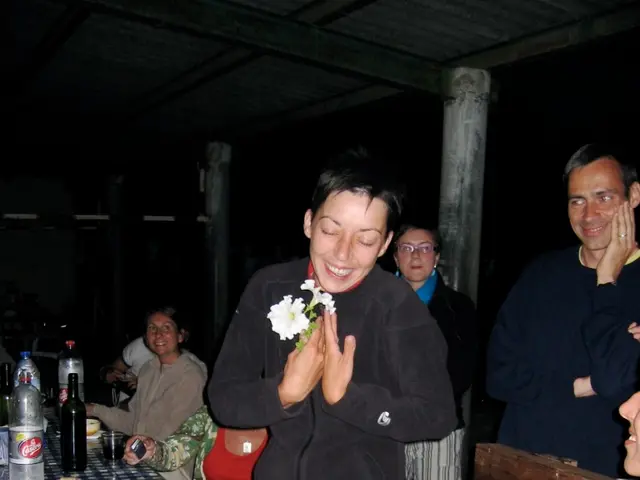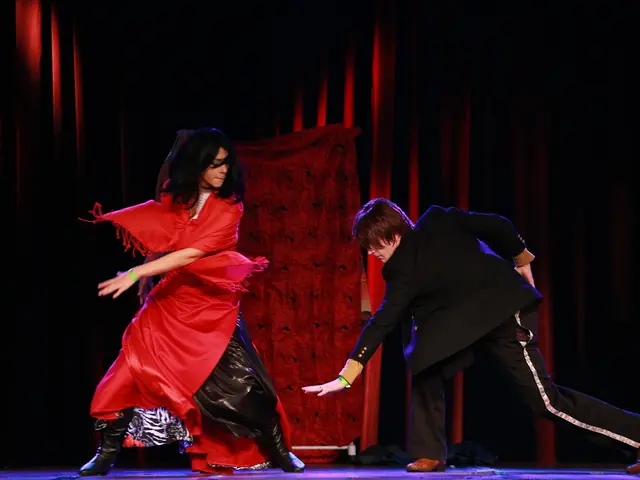New additions to the Cambridge Dictionary include the terms: 'Skibidi,' 'delulu,' and 'tradwife.'
Cambridge Dictionary Adds Internet Slang Words to Reflect Changing English Language
The Cambridge Dictionary has added several new terms to its list, acknowledging the impact of internet culture and younger generations on the English language. The terms "skibidi," "delulu," "tradwife," and "lewk" have been included in the dictionary's 2025 update, which added over 6,000 new words.
"Skibidi" originated from a viral animated YouTube series called Skibidi Toilet and is a flexible slang word that can mean "cool," "bad," or sometimes nothing at all, used humorously or jokingly. It is especially popular among Gen Alpha (born 2010-2024).
"Delulu" is a playful shortening of "delusional" and describes someone believing things that are not real or true, often humorously; it signifies willful self-delusion.
"Tradwife" stands for "traditional wife" and refers to a married woman who embraces traditional gender roles such as homemaking and childcare. This term was popularized on social media through figures like Hannah Neeleman. It reflects a controversial cultural trend that contrasts with modern feminist perspectives.
"Lewk" is a playful twist on the word "look," meaning a distinctive, bold, or eye-catching style or outfit, especially in fashion and among influencers on social media.
The inclusion of these terms in the Cambridge Dictionary recognizes that they have transcended short-lived trends to show "staying power" and highlights how internet culture, particularly driven by platforms like TikTok and YouTube, is reshaping global English in enduring ways. Colin McIntosh, the dictionary’s lexical program manager, emphasized that these words demonstrate the "fascinating" linguistic effects of digital culture.
McIntosh stated that the terms "skibidi," "delulu," "tradwife," and "lewk" are significant examples of the impact of internet culture on the English language. He believes that internet culture is changing the English language in a fascinating way and finds it interesting to observe and capture these changes in the Dictionary. The Cambridge Dictionary only adds words where they think they'll have staying power, suggesting that these terms are expected to be part of the English language for an extended period.
Read also:
- Urban Tales: Winged Hedgehogs and Gridiron Mascots Highlight Our Legendary Series on TGC+!
- Amidst India's escalating climate crisis, transgender individuals continue to persevere
- Love, Work, and Friendship Harmonies between Aries Signs
- In New York, a previously vegan restaurant has resumed offering meat in its menu.







